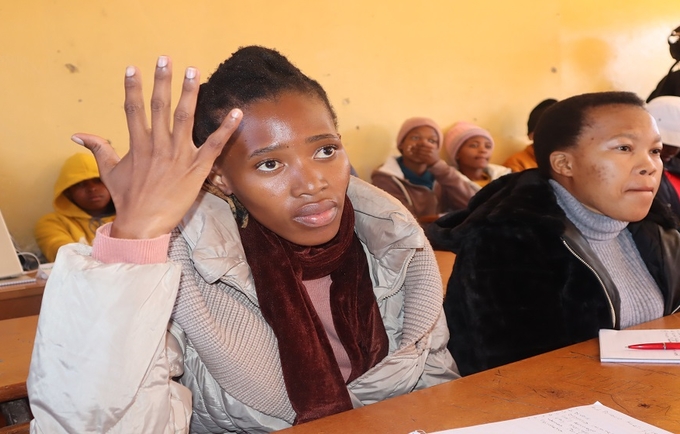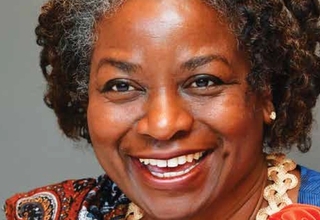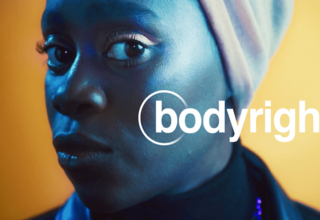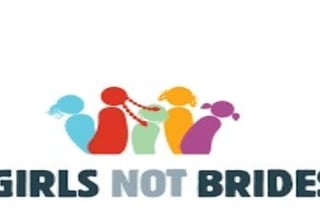Young people from various facets of life engaged in conversations and discussions on Gender Equality as part of commemoration of World Population Day this year. Ahead of the commemoration at Ha Khabo in Leribe district, UNFPA, the United Nations Population Fund partnered with Limkokwin University of Creative Technology to host a dialogue for young people to dissect this year’s theme, "Unleashing the power of gender equality: Uplifting the voices of women and girls to unlock our world’s infinite possibilities."
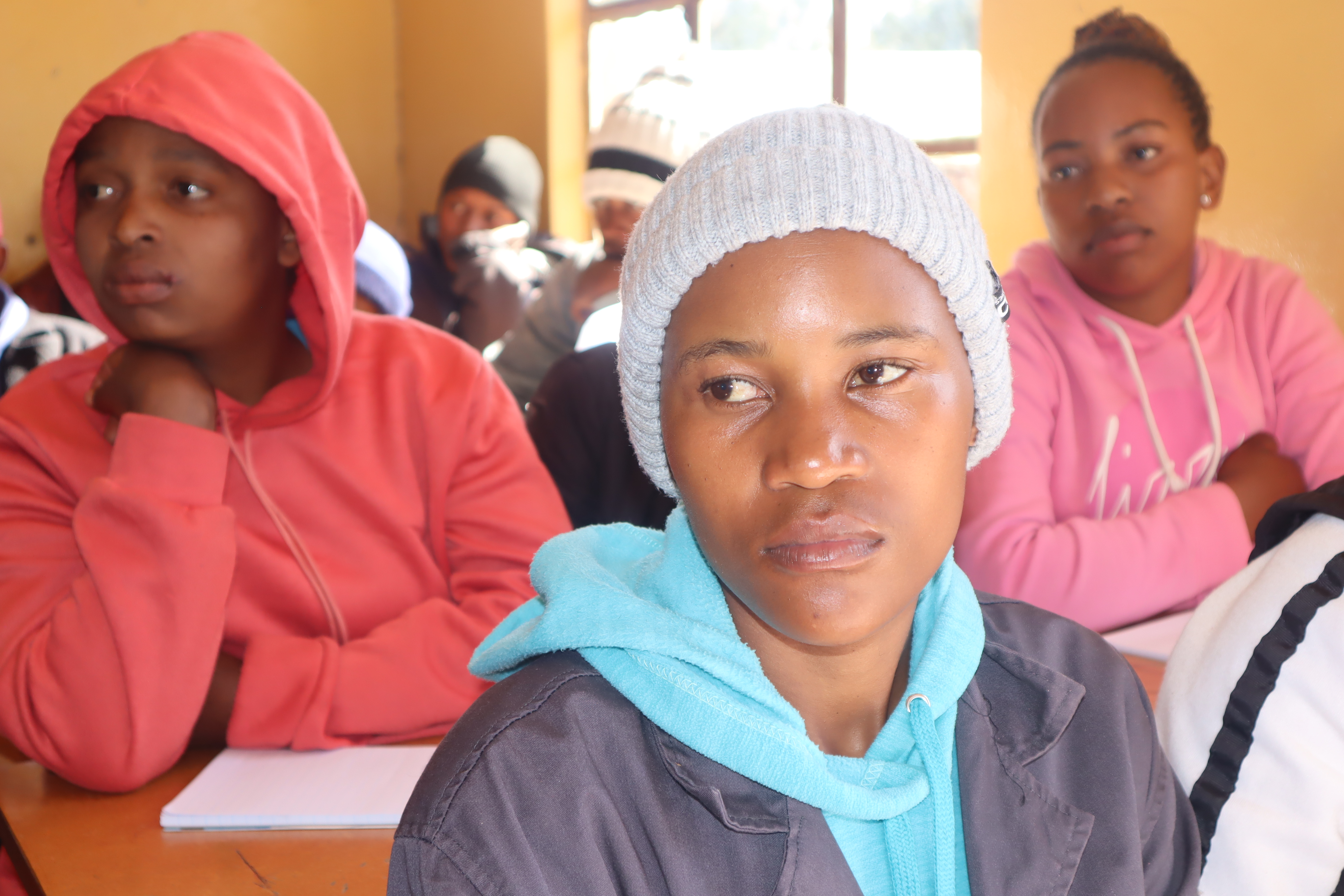
During this dialogue, discussions were mostly on unpacking what the theme means and how Lesotho would advance should the power of gender equality be unleashed. As one of the young people Zwelithini Matsoso stated, “to us unleashing gender equality in Lesotho means removing barriers that among other things limit distribution of resources and unleashing the power of gender equality means unlocking both national and human resources because if we invest in humans, in young people’s education, that means we will end up with a competent and powerful resource that would contribute to our economy.”
He continued, “Investing in gender equality is about removing barriers, about unlocking not only the human development but also national development as a whole because in the end, as a country we need to harvest proceeds from the existence of the population which sometimes we refer to as the Demographic Dividend. As we invest and bridge those inequalities in the economic sphere, we will end up with young people that are able to amass assets such as land.
Discussion also focused on participation of women in the country’s political activities particularly representation of women in leadership positions. One of the young people Nteboheleng Makae elaborated, “Lesotho is still lagging behind when it comes to Gender Based Violence (GBV) and gender equality. We are still behind. Women participation in political leadership positions like in local government is still minimal.”
The young people also focused on “Bodily Autonomy.” As one of them Thato Thinyane asserted, “Bodily autonomy is about the right to my own body. It’s about choice, dignity.” The young people also emphasized on the need to have relevant knowledge and information, the right to be able to make their own choices, and for men to understand that a No to sex is a No.
At Ha Khabo where the commemoration was held, young people repeatedly called for women and girls voices to be heard. ‘When no one listens to the voices of women and girls, it is deadly as some may be sexually assaulted and be afraid to report. Also, for those that are LGBITQ+ if parents and the public do not accept them, some of them opt to committing suicide for fear of being ridiculed.
One of the young people Kefuoe Majoro emphasized on political participation saying, “In Local Government, people tend to elect men even when women have better qualifications just because they are men. We should try to balance in local government elections. We should elect women – there is need for women’s participation.”
Another young person Lerato Motleleng said, “when parents force young girls into marriage, sometimes for economic reasons, such girls end up being pregnant too early when their bodies are not ready resulting in them sometimes losing their lives.”
The young people at Ha Khabo were sensitized and trained on issues that affect adolescents and youth during the two days prior to the commemoration.
